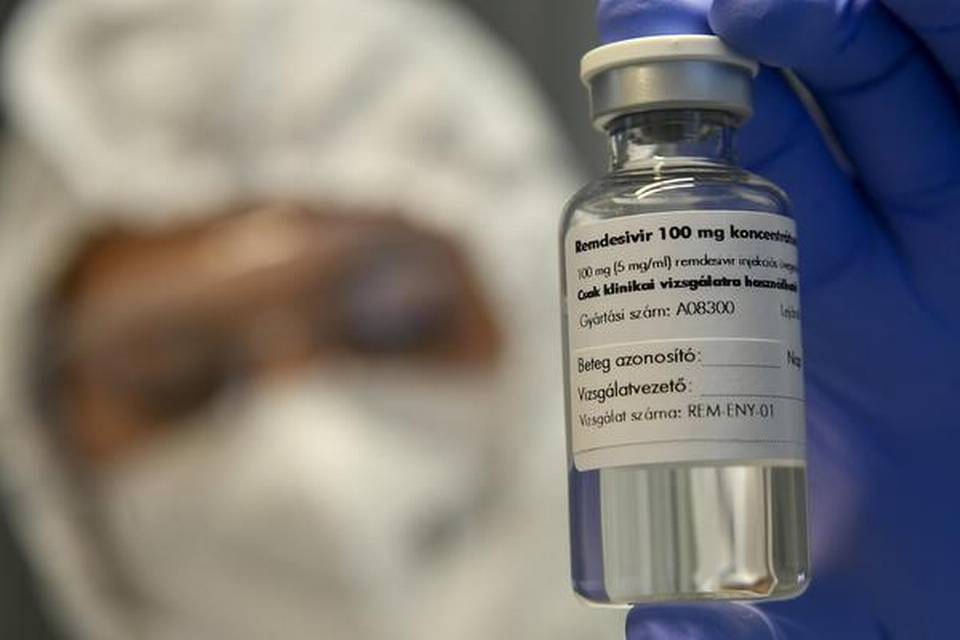
The results are from WHO's “Solidarity” trial, which evaluated the effects of four potential drug regimens.
Gilead Sciences Inc's remdesivir had little or no effect on COVID-19 patients' length of hospital stay or chances of survival, a clinical trial by the World Health Organization (WHO) has found.
The antiviral medication, among the first to be used as a treatment for COVID-19, was one of the drugs recently used to treat U.S. President Donald Trump's coronavirus infection.
The results are from WHO's “Solidarity” trial, which evaluated the effects of four potential drug regimens, including remdesivir, hydroxychloroquine, anti-HIV drug combination lopinavir/ritonavir and interferon, in 11,266 adult patients across more than 30 countries.
The study found the regimens appeared to have little or no effect on 28-day mortality or the length of the in-hospital course among patients hospitalised with COVID-19, the WHO said on Thursday.
The results of the trial are yet to be reviewed and were uploaded on the preprint server medRxiv.
Earlier this month, data from a U.S. study of redeliver by Gilead showed the treatment cut COVID-19 recovery time by five days compared with patients who got a placebo in a trial comprising 1,062 patients.
“The emerging (WHO) data appears inconsistent, with more robust evidence from multiple randomized, controlled studies published in peer-reviewed journals validating the clinical benefit of redeliver,” Gilead told Reuters. “We are concerned the data from this open-label global trial has not undergone the rigorous review required to allow for constructive scientific discussion, particularly given the limitations of the trial design.”
WHO chief scientist Soumya Swaminathan said on Wednesday that during the study, hydroxychloroquine and lopinavir/ritonavir were stopped in June after they proved ineffective, but other trials continued in more than 500 hospitals and 30 countries.
“We're looking at what's next. We're looking at monoclonal anti-bodies, we're looking at immunomodulators and some of the newer anti-viral drugs that have been developed in the last few months,” Ms. Swaminathan said.
Remdesivir received emergency use authorisation from the U.S. Food and Drug Administration on May 1, and has since been authorised for use in several countries.





















